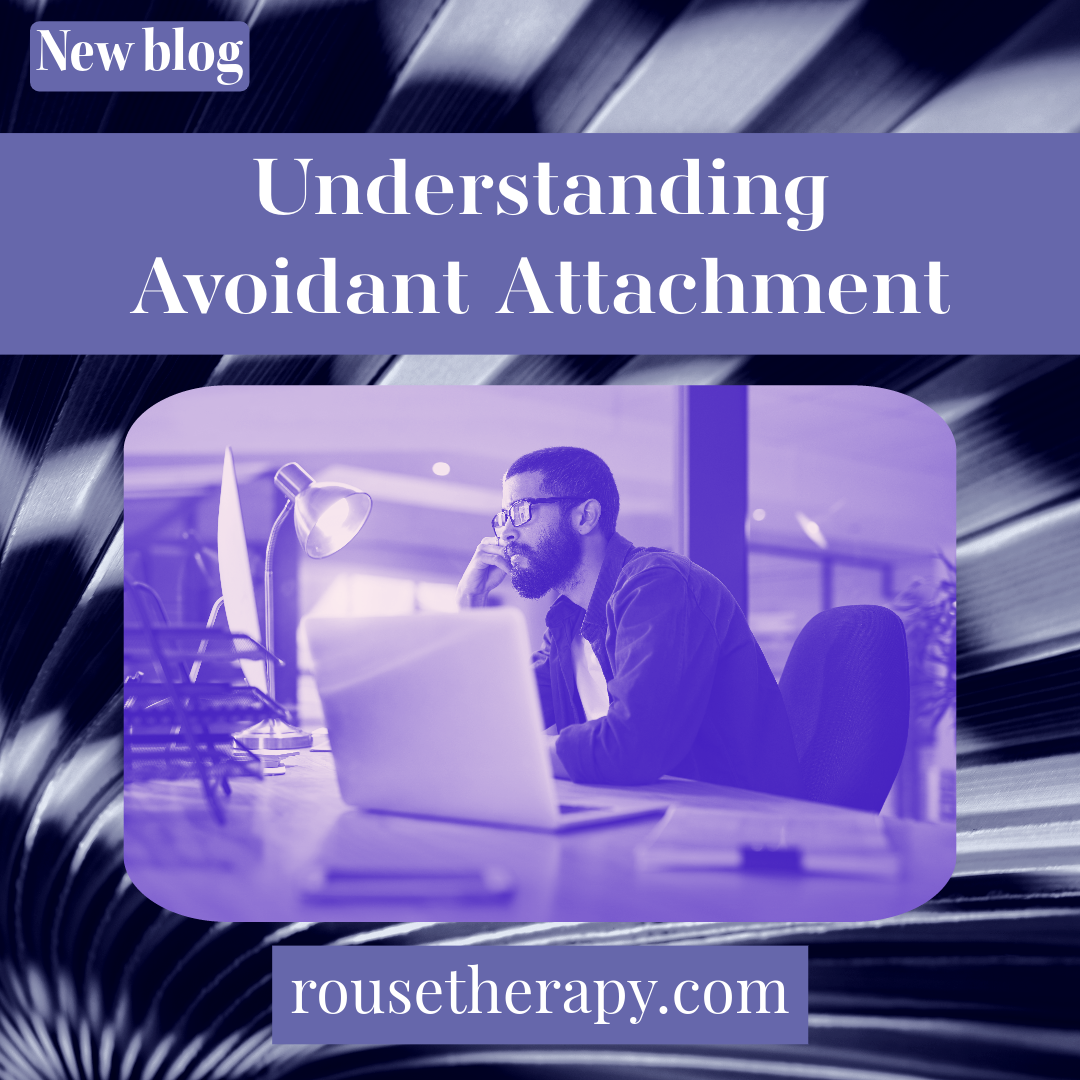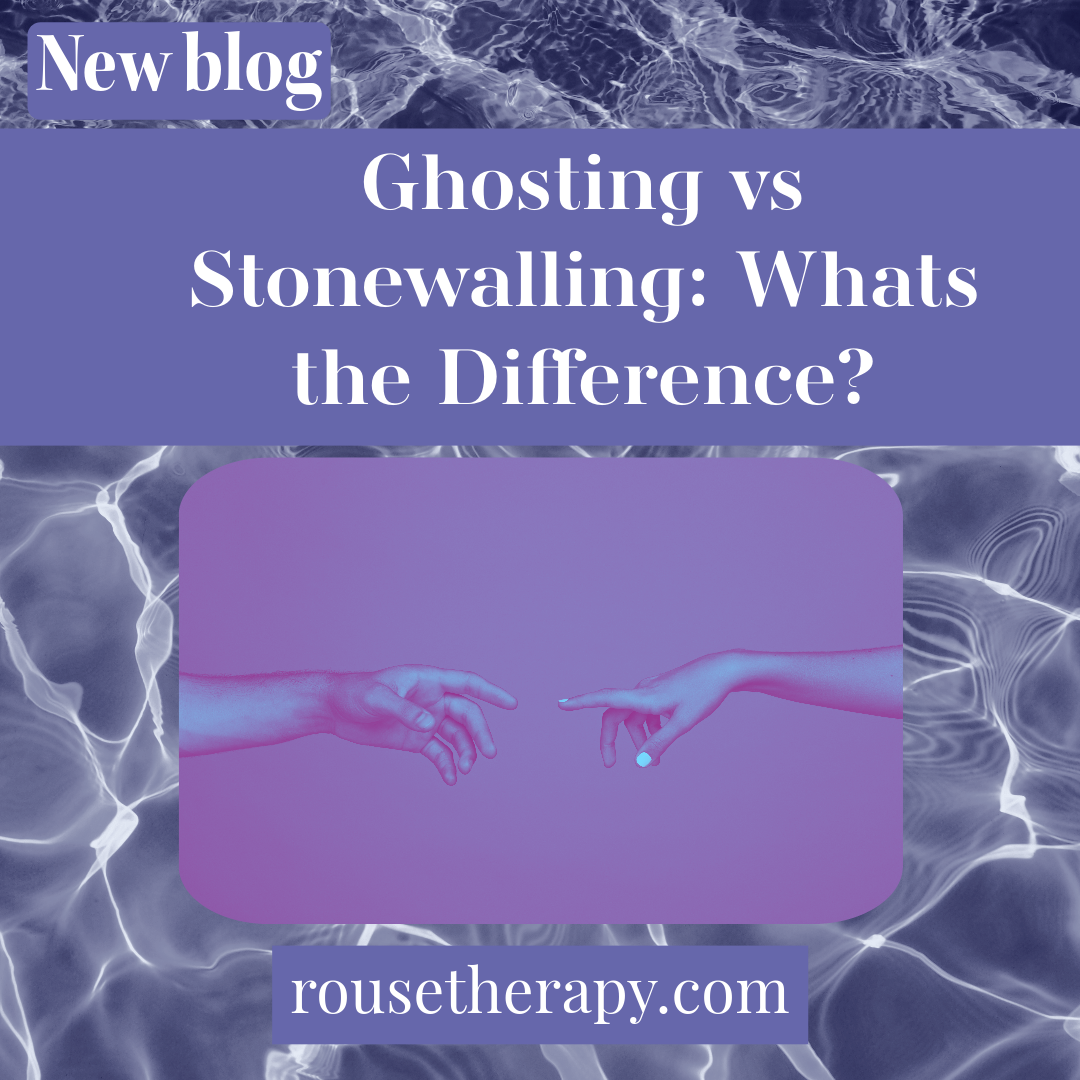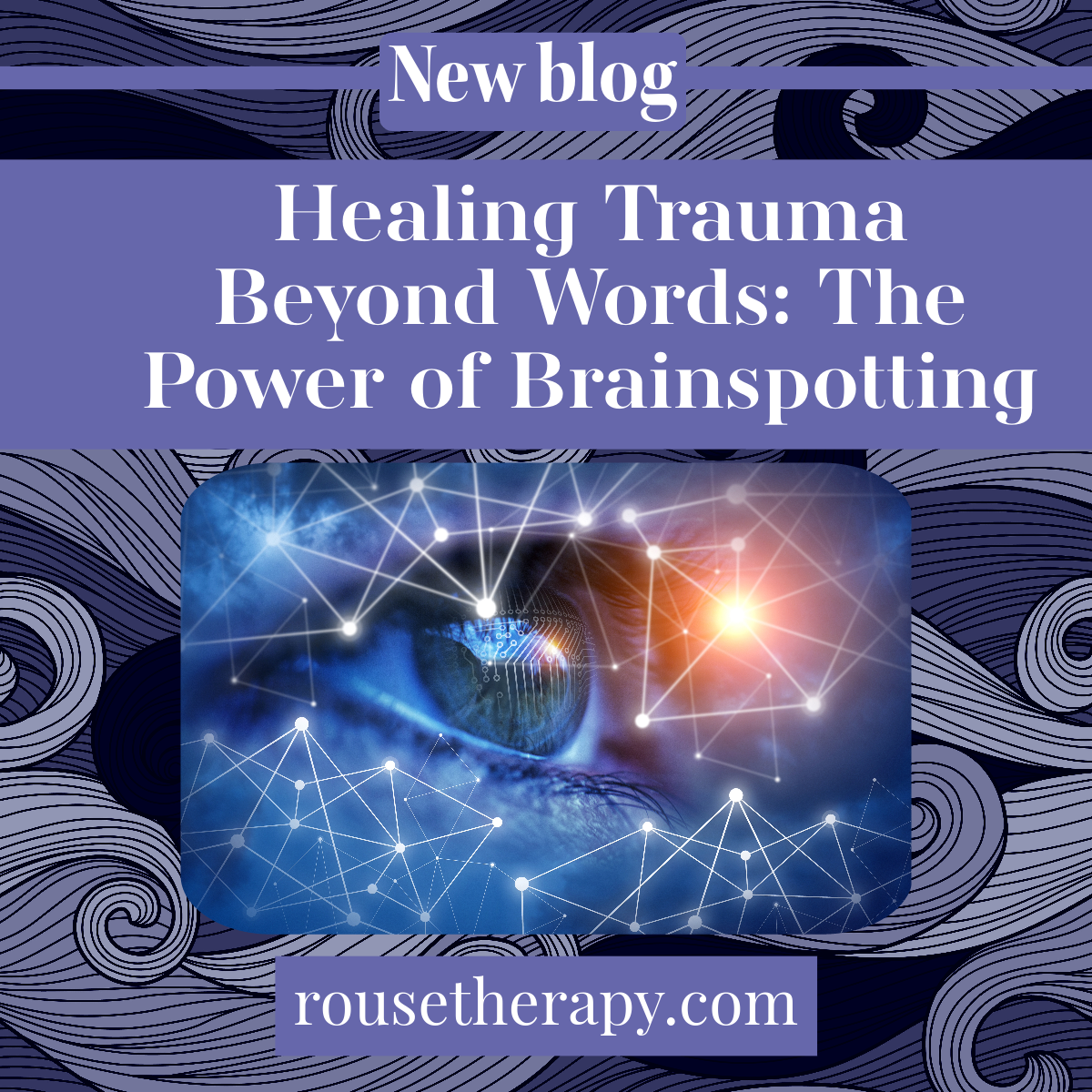
Setting Pleasure-Based Intentions for the New Year: A Guide to Prioritizing Self-Care
The tradition of setting resolutions always surrounds the start of a new year, but how many of us follow through with them? It's time to shift our focus towards setting intentions with pleasure in mind. Instead of setting goals that might trigger stress or anxiety, let's prioritize our well-being by embracing pleasure-based intentions. This blog post will delve into pleasure-based intentions, why they are important for our mental health, and ideas on how to set them.
Difference between resolution and intention
Firstly, it's essential to understand the difference between a resolution and an intention. Resolutions are often more specific and focused on achieving an end goal. Intentions, however, are more about setting a direction for what you want to experience or embody. With pleasure-based intentions, the focus shifts towards prioritizing the joy and pleasure that makes us feel good and fulfilled.

Understanding Avoidant Attachment: Developing a Secure Attachment
A strong relationship is one of the most satisfying aspects of our lives. It's a bond that we all desire, but unfortunately, some individuals struggle to form a healthy attachment due to past experiences or events. One particular attachment style that leaves many people feeling lonely and unfulfilled is avoidant attachment. This type of attachment can cause individuals to distance themselves from emotional closeness, leaving their partners feeling neglected and misunderstood. In this blog post, we’ll explore the origins of avoidant attachment and how individuals can develop a more secure attachment style.
Avoidant attachment originates from early childhood experiences, including neglectful or inconsistent care from primary caregivers. As discussed in Bowlby’s attachment theory, the lack of connection between children and caregivers creates a feeling of anxiety, which leads children to develop strategies to protect themselves from pain. Unfortunately, these strategies continue into adulthood, leading them to avoid emotional closeness and intimacy.

Ghosting vs Stonewalling: What’s the Difference?
We have all experienced the pain of being ignored or shut out by someone we care about. Whether it’s a potential date that never calls back or a romantic partner who suddenly goes silent, it can devastate our self-esteem and sense of security in relationships. In these situations, it can be easy to confuse ghosting and stonewalling, two common behaviors that create distance and emotional turmoil in relationships. This article will dive deep into the difference between ghosting and stonewalling, their impact on relationships, and how to overcome them for a healthier, happier love life.

Ghosting: Why Do People Choose to Disappear?
Halloween is just around the corner, and while ghosts may be a nostalgic and thrilling part of our spooky season, ghosting is a serious and unfortunate reality for many people. Ghosting is a term used to describe the act of suddenly and without explanation, disappearing from a person's life or communication, leaving the other person feeling bewildered, hurt, and confused. Ghosting can happen in friendships, work relationships, and romantic relationships. Couples therapy can be an excellent place to approach ghosting or stonewalling within relationships. Today, we will delve into the possible reasons why people choose to ghost their partners or dates and discuss how it can impact the other person.

Healing Trauma Beyond Words: The Power of Brainspotting
Trauma can be an intricate and deeply rooted experience that is often difficult to work through with only talk therapy. Brainspotting offers a method to access and heal trauma on a deep and neurological level. Let’s explore how Brainspotting can be a game-changer for clients who have tried talk therapy and are seeking a more effective way to heal from their trauma.

Should guys do pelvic floor exercises too?
As men, we often focus on building upper body strength while neglecting the importance of training our pelvic muscles. Little do we know that the pelvic floor is a group of muscles that work together to support the bladder, bowel, and other pelvic organs. When these muscles weaken, it can lead to urinary incontinence, erectile dysfunction, and other complications. In an article from earlier this year, Dr. Karah Charette, a pelvic floor physical therapist, shared how pelvic floor exercises help with sexual dysfunction. Building off that, we will discuss the importance of pelvic floor exercises for men and provide helpful videos to get started.